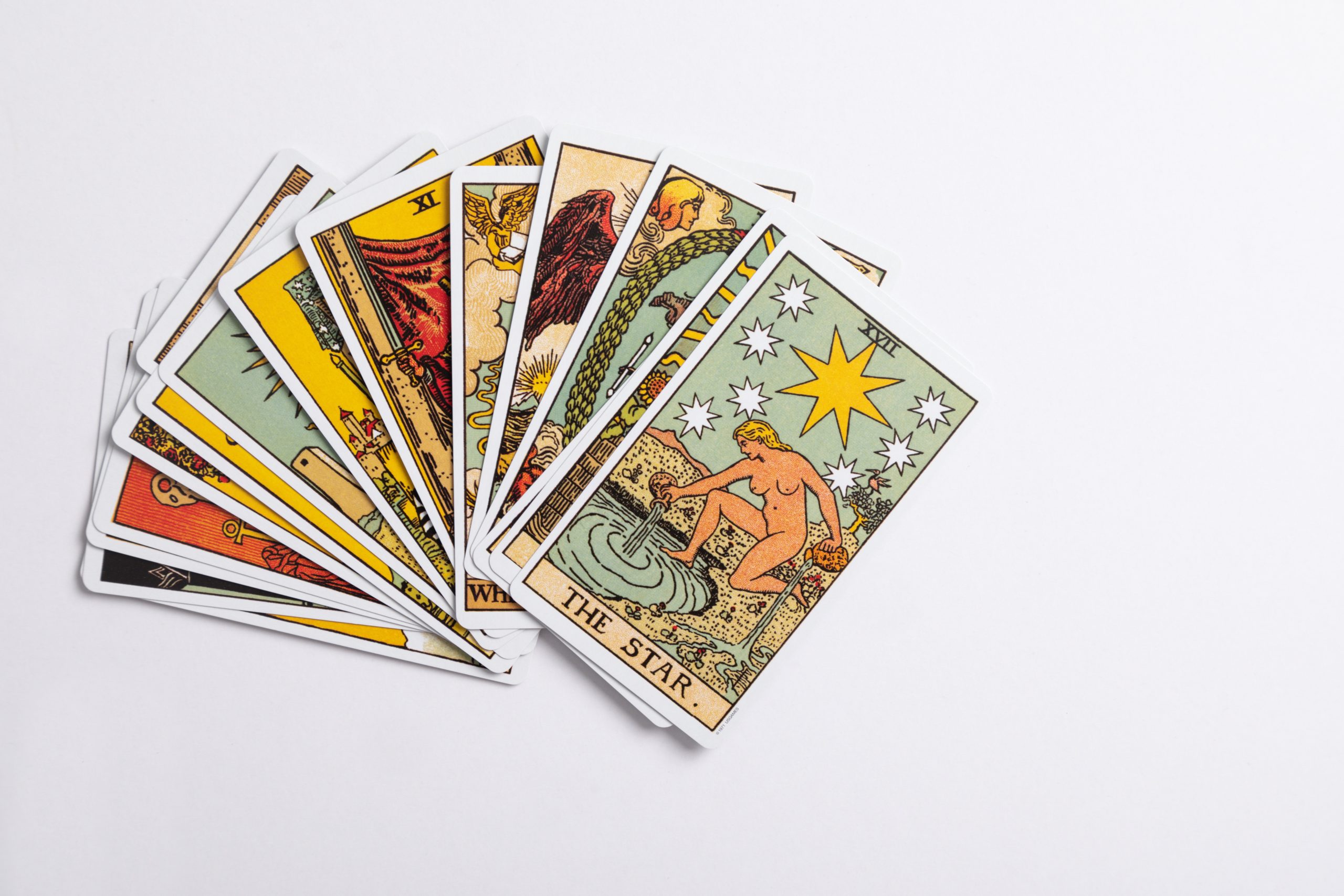Astrology: Deconstructing its Accuracy and Controversies
Astrology, an ancient practice that dates back thousands of years, has always fascinated humanity. The belief that celestial movements and positions can influence human behavior and destiny has led to the creation of elaborate astrological systems. While some people vehemently reject the notion of astrology, many others find solace and guidance in the insights it provides. In this blog post, we will explore the accuracy of astrology, the controversies surrounding it, and whether it holds any real merit.
Understanding Astrology
Astrology is a pseudo-science that aims to study how the positions and movements of celestial bodies can have an impact on human lives. It operates on the premise that the alignment of planets, stars, and other celestial bodies at the time of a person’s birth can provide valuable information about their personality traits, relationships, and future events.
Astrology is a complex system with various branches, including sun sign astrology, horary astrology, and natal astrology. Each branch focuses on different aspects, but they all rely on interpreting astrological charts or horoscopes, which are like a snapshot of the positions of celestial bodies at a specific moment in time.
The Accuracy Debate
How accurate is astrology? This question has been the subject of much debate among skeptics and believers. Proponents argue that astrology’s accuracy lies in its ability to provide insights and guidance that can help individuals navigate their lives. They claim that many people experience uncanny coincidences and accurate predictions, strengthening their belief in astrology.
However, skeptics argue that astrology lacks scientific evidence and is based on vague, generalized statements that could apply to anyone. They attribute any perceived accuracy to a psychological phenomenon called the Barnum effect, where individuals believe personality descriptions to be accurate when they are vague enough to apply to a wide range of people.
Scientific Criticisms
Astrology faces several scientific criticisms that challenge its accuracy. One significant point of contention is the lack of a plausible mechanism for celestial bodies to influence human lives. Skeptics argue that the forces exerted by distant celestial bodies, such as planets, are extremely weak and cannot affect human behavior.
Moreover, a large-scale study conducted by psychologist Shawn Carlson in 1985 found no significant correlation between astrology predictions and personality traits. The study involved 28 professional astrologers who were unable to consistently match natal charts to personality profiles, demonstrating astrology’s lack of empirical support.
Subjective Interpretation
Another criticism revolves around the subjective interpretation of astrological charts. Critics argue that astrologers often rely on ambiguous statements and use confirmation bias to match general predictions to specific events or situations. This can lead to a false perception of accuracy.
Psychologist Bertram Forer’s classic experiment, commonly known as the “Barnum effect,” showcased the tendency of individuals to accept vague personality descriptions as accurate. In the study, participants rated the accuracy of personality profiles based on astrological signs, unaware that they all received the same generalized description. Astonishingly, participants believed the description to be uniquely tailored to them, illustrating astrology’s potential for exploiting the human tendency to seek validation.
The Role of Confirmation Bias
Confirmation bias plays a significant role in astrology’s perceived accuracy. This cognitive bias leads individuals to selectively interpret information that confirms their existing beliefs or desires, while ignoring or downplaying contradictory evidence.
As humans, we seek patterns and meaningful connections in the world around us. When we read our horoscopes or receive astrological insights, our minds automatically search for confirmation of those predictions in our daily lives. This bias can reinforce our belief in astrology, even when there is no objective evidence to support it.
Should We Completely Dismiss Astrology?
While astrology may lack empirical evidence and scientific basis, it continues to captivate and guide numerous individuals worldwide. For many, astrology serves as a tool for self-reflection, personal growth, and introspection.
When viewed through a psychological lens, astrology can provide therapeutic value. The process of considering one’s personality traits, reflecting on personal challenges, and seeking guidance from astrological insights can contribute to personal development and self-awareness.
Additionally, astrology has historical and cultural significance. It has played a crucial role in shaping societies and civilizations, providing guidance to leaders and individuals alike. Furthermore, astrology offers a unique perspective on our interconnectedness with the cosmos, fostering a sense of wonder and awe.
The Final Verdict
While astrology lacks scientific validity and falls prey to subjective interpretation, it remains a popular practice across the globe. Its accuracy is largely a matter of personal belief, and individuals choose to engage with astrology based on their personal experiences and the insights it provides.
Ultimately, astrology’s real value lies in its ability to offer guidance, introspection, and a sense of connection to the universe. Whether you view astrology as a comforting diversion or a meaningful practice, its significance ultimately rests in the eye of the beholder.
In conclusion, astrology’s accuracy remains a highly debated topic. As with any belief system or practice, it is essential to approach astrology critically, acknowledging both its appeal and limitations. Whether astrology holds any real merit or simply serves as a source of comfort and guidance is a choice each individual must make for themselves.
Table of Contents
